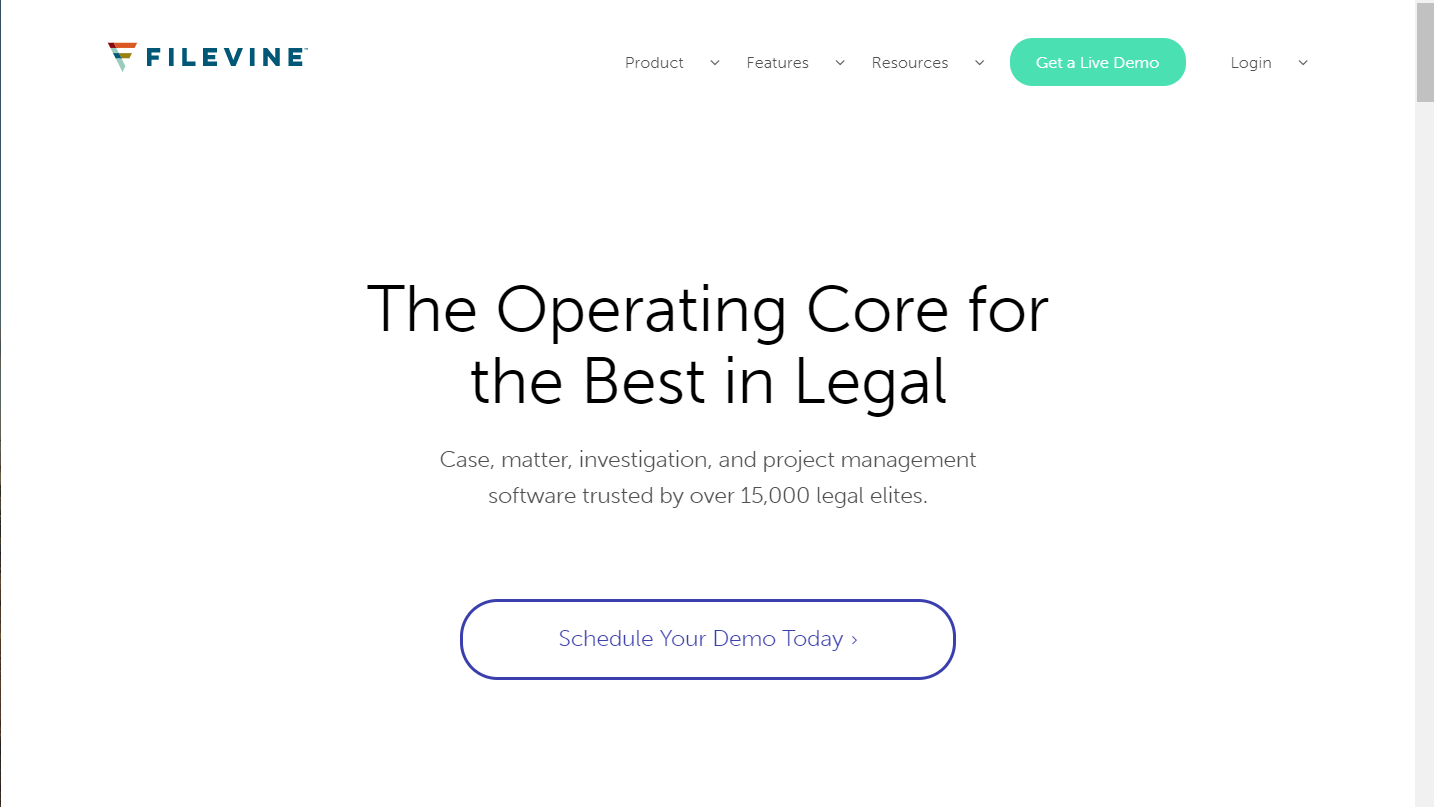My last out-of-state travel before this time of sheltering in place was a trip to Provo, Utah, for a meeting at Brigham Young University Law School. While there, I took a detour to visit Filevine, the case management company that is headquartered in Provo, where I met with Ryan Anderson, cofounder and CEO, and Travis Tidball, SVP marketing and growth.
Now the company has news of its first acquisition. It has acquired Lead Docket, a West Virginia-based lead tracking and intake management product, in an all-cash deal. Lead Docket’s four employees, including founder Eric Coffman, will stay on as employees of Filevine, with Coffman taking the position of director of intake technology.
Anderson told me that this acquisition helps round out his company’s vision of making Filevine a true end-to-end platform for legal professionals, starting with intake and continuing through case management, document management, billing and timekeeping, and accounting.
“In today’s challenging legal market, client experience is more important than ever,” Anderson said in a statement announcing the acquisition. “Lead Docket has mastered the very beginning of the legal relationship, well before client retention, creating more successful lawyers and more satisfied clients.”
Filevine will continue to support and enhance Lead Docket as a standalone product. It integrates with several other practice management platforms, including Clio, Needles, PracticePanther and TrialWorks, and Anderson said it will continue to serve all its customers and integrations, regardless of whether they are customers of Filevine.
Filevine plans eventually to introduce a lead management product based on Lead Docket’s technology and embedded into the Filevine platform.
Founded in 2015, Filevine’s customers range from Am Law 100 firms to corporate legal departments, but the majority are personal injury and mass tort firms. Before starting Filevine, Anderson was founding partner at a firm that focused on PI, mass torts and employment class actions.
He first approached Lead Docket about acquisition because so many of his customers were asking for a deeper integration between the two products, he told me. By the time the two companies starting discussing a deal in earnest, Lead Docket had already developed a strong integration with Filevine.
That integration will get stronger, Anderson said. “Over the course of the next few years, we would expect the integration to be so tight you don’t even know it’s a separate product.”
Lead Docket was created out of a law firm that wanted better lead-management tools than what it could find on the market.
“We are thrilled to join Filevine as an integral part of the operating core for legal,” Lead Docket founder Coffman said in a statement. “We’ve been blown away by the response from our customers, and joining Filevine gives us an even greater ability to deliver on our shared vision of improving the business of law.”
 Robert Ambrogi Blog
Robert Ambrogi Blog